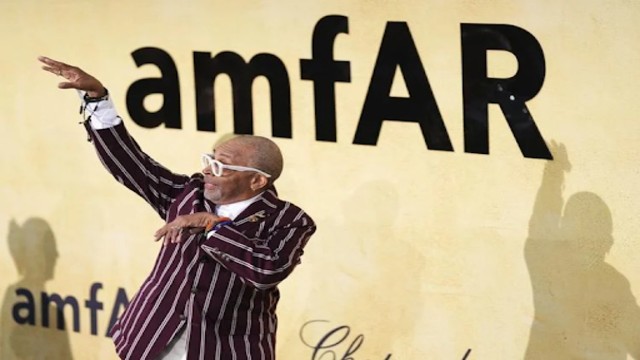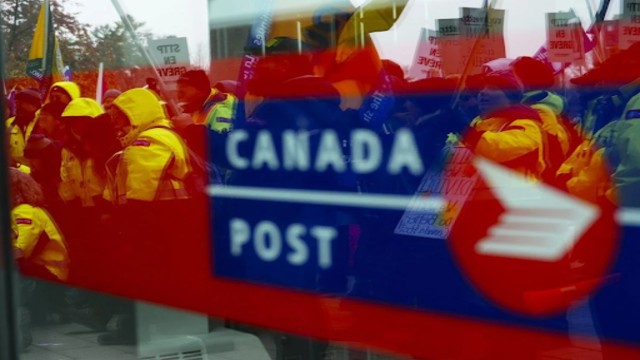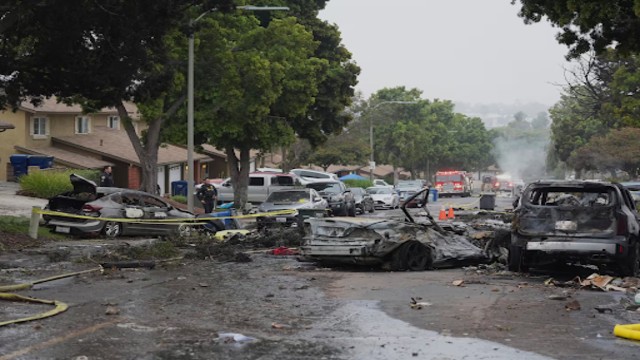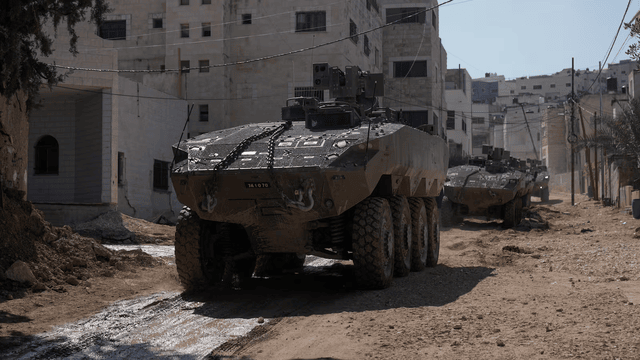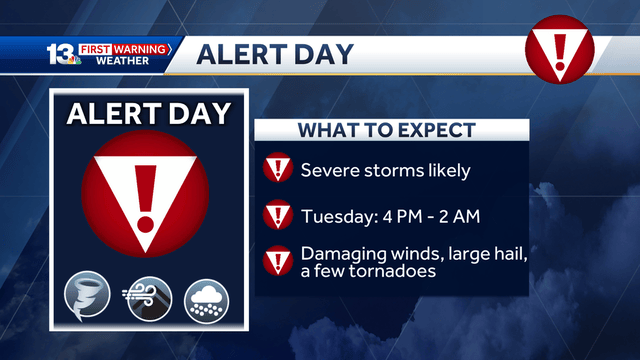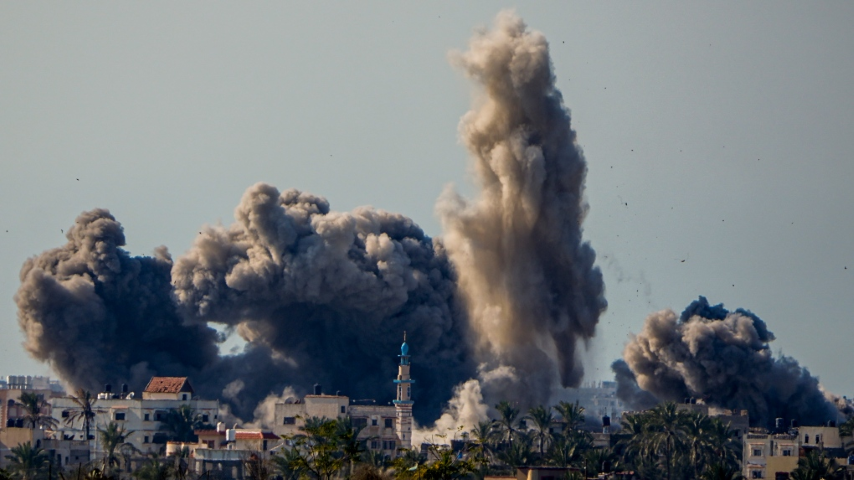
An Israeli bombardment in the Gaza Strip triggers smoke and explosion, visible from southern Israel on Sunday, February 11, 2024. (Photo credit: AP Photo/Ariel Schalit)
In the predawn hours of Monday, a series of Israeli airstrikes pounded Rafah, a city nestled on the southern border of the Gaza Strip, where a staggering 1.4 million Palestinians have sought refuge from the relentless conflict engulfing the region. Speculations loomed large that Israel's intensifying ground offensive might soon zero in on this densely populated enclave adjacent to Egypt. The White House revealed President Joe Biden's stern caution to Prime Minister Benjamin Netanyahu against any military incursion into Rafah lacking a well-defined strategy to shield civilians from harm.
Reports streamed in that the strikes targeted the vicinity of Kuwait Hospital, casting a pall of fear and uncertainty over the already besieged residents. Details on casualties and damage remained shrouded in ambiguity as the Israeli military offered sparse insights into its operations.
Biden's unequivocal stance, branding Israel's potential incursion as an exacerbation of an already dire humanitarian crisis, marked a significant escalation in his rhetoric. Amid mounting diplomatic efforts, a faint glimmer of hope emerged for a potential ceasefire deal, with negotiations poised delicately on the edge of a breakthrough that could secure the release of remaining hostages held by Hamas.
However, amidst these diplomatic maneuvers, ominous clouds gathered over the prospect of an Israeli offensive in Rafah. Egyptian authorities issued a stark warning, threatening to revoke the decades-old peace treaty with Israel should troops advance into Rafah. Their apprehensions stemmed from the looming specter of a mass exodus of Palestinians into the Sinai Peninsula, with potentially catastrophic consequences for regional stability.
As tensions escalated, aid organizations sounded the alarm, cautioning that an assault on Rafah could plunge an already devastated Gaza into deeper despair. With vital supply routes imperilled, the specter of starvation and disease loomed large over the war-torn enclave.
Inside Rafah, the displaced grappled with an agonizing uncertainty, packing their meager belongings as the ominous drumbeats of war grew louder. For them, each passing day brought a precarious dance with destiny, with the looming threat of displacement hanging like a sword of Damocles over their heads.
In the backdrop of these harrowing developments, the grim toll of the conflict continued to mount. Gaza's hospitals strained under the weight of the dead and wounded, as the relentless cycle of violence showed no signs of abating. Amidst the chaos, the echoes of past grievances reverberated, with Hamas steadfast in its demands for an end to the Israeli offensive and a withdrawal from Gaza.


